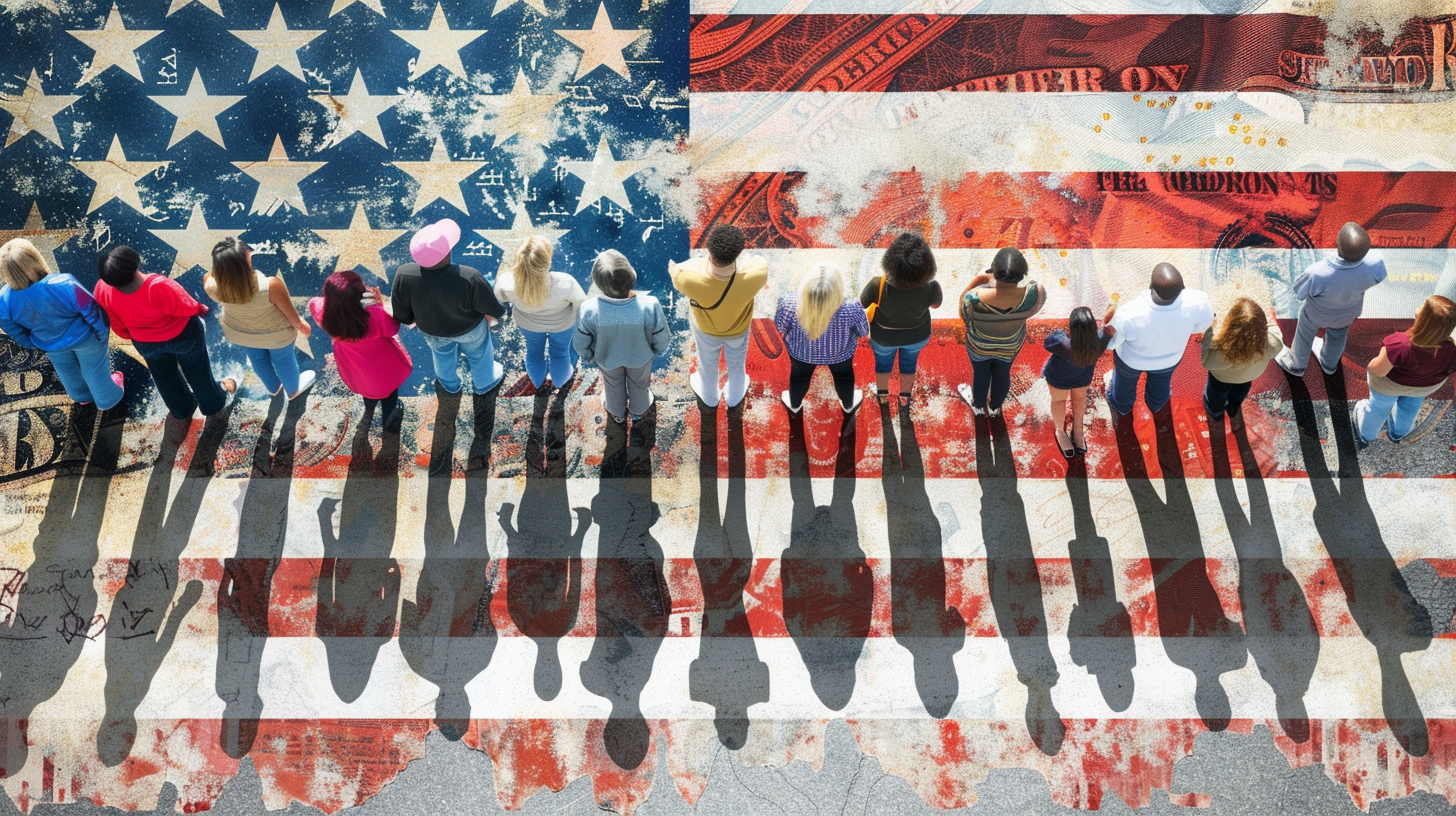| Key Points: – Consumer confidence fell unexpectedly in June, driven by concerns over tariffs and inflation. – Perceptions of the labor market have softened, with fewer respondents viewing jobs as readily available. – Despite rising geopolitical tensions, trade policy and high prices remain the primary concerns for American consumers. |
Consumer confidence took an unexpected step back in June, reflecting growing anxieties around tariffs and persistent inflation that continue to shape household sentiment. Despite a brief upswing the previous month, optimism around the economy and job market has moderated as Americans grow more cautious about future conditions.
The Conference Board’s Consumer Confidence Index dipped to 93 in June, a notable decline from 98.4 in May and below economists’ projections. The Expectations Index, which measures consumers’ outlook for income, business, and labor conditions over the next six months, dropped to 69 from 73.6. The sharp decline follows what had been the largest one-month surge in sentiment since the financial crisis recovery in 2009.
Tariffs remained on top of consumers’ minds and were frequently associated with concerns about their negative impacts on the economy and prices. Inflation and high prices were another important concern cited by consumers in June.
Although the administration has delayed several rounds of tariffs in recent weeks, the effective U.S. tariff rate remains significantly elevated. According to estimates from the Yale Budget Lab, the current rate stands at approximately 14.7%—the highest since the Great Depression era in 1938. This has raised the cost of imported goods and weighed on consumer sentiment, especially for lower- and middle-income households who are more sensitive to rising everyday expenses.
Interestingly, geopolitical events, including renewed conflict in the Middle East, were not cited as major factors in consumer sentiment. The survey cutoff occurred amid increasing global tensions, but Guichard noted that topics like international conflict and social unrest “remained much lower on the list of topics affecting consumers’ views.”
Labor market perceptions also softened in June. The share of consumers who said jobs are “plentiful” declined to 29.2%, down from 31.1% the month before. At the same time, 18.1% of respondents said jobs were “hard to get,” nearly unchanged from May. The gap between these two numbers—known as the labor market differential—narrowed to 11.1 percentage points, its lowest level since early 2021 when the economy was emerging from pandemic-era shutdowns.
The cooling in labor sentiment mirrors recent trends in government data. Job openings have declined from earlier in the year, and unemployment claims have risen, suggesting some softening in what had been a resilient job market.
While the recent pullback in confidence does not necessarily signal a recession, it highlights the fragility of sentiment in the face of policy uncertainty and inflationary pressure. As the Federal Reserve continues to weigh interest rate decisions and the White House balances trade policy with economic growth, consumer perceptions will remain a key bellwether for the broader economic outlook.
